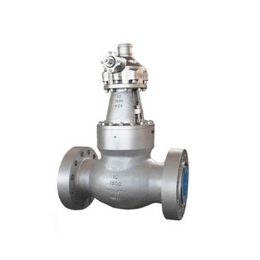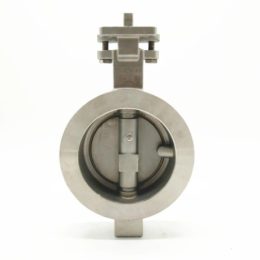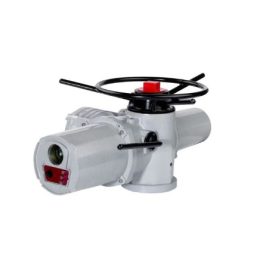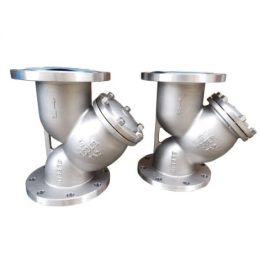Especially in The Case Of Coal
Introduction
In recent years, the world has seen a shift away from primary power sources such as coal, oil, and natural gas. This change has prompted governments and energy-saving organizations to focus on scientific research, production, and operation of devices that improve energy efficiency. Traps are one such device.
The Current Situation
Despite this trend, our country has seen an increase in the consumption of primary power. Boilers in our country operate at an average of only 55%, and the final heat obtained when delivering steam to users is less than 30%. This is significantly lower than some developed countries such as Japan, Western European countries, and the United States.
Issues with Traps
Unfortunately, improper use or poor quality traps can cause significant heat loss. In our country, only a small fraction of traps used are of acceptable quality. Poor quality traps have a low lifespan, and the defect rate of traps used is about 70%, three times that of Japan. This means that there is a significant opportunity for improvement in this area.
The Importance of Quality Traps
The quality of traps is especially important for coal. Proper use and maintenance of traps can significantly reduce energy consumption, prevent steam loss, and reduce economic losses. In addition, high-quality traps have a longer lifespan, reducing the need for frequent replacements.
Conclusion
To improve energy efficiency, we must focus on enhancing scientific research, production, and operation of traps, improving the quality of traps, and ensuring appropriate use and maintenance. By doing so, we can create a more sustainable future for our planet and economy. Additionally, we must raise awareness about the importance of energy efficiency and the role that traps play in achieving this goal.



